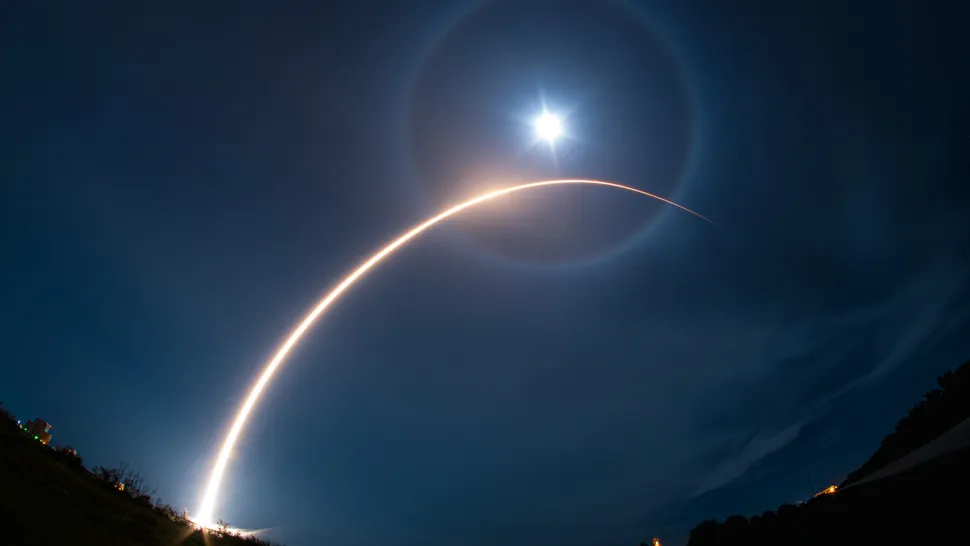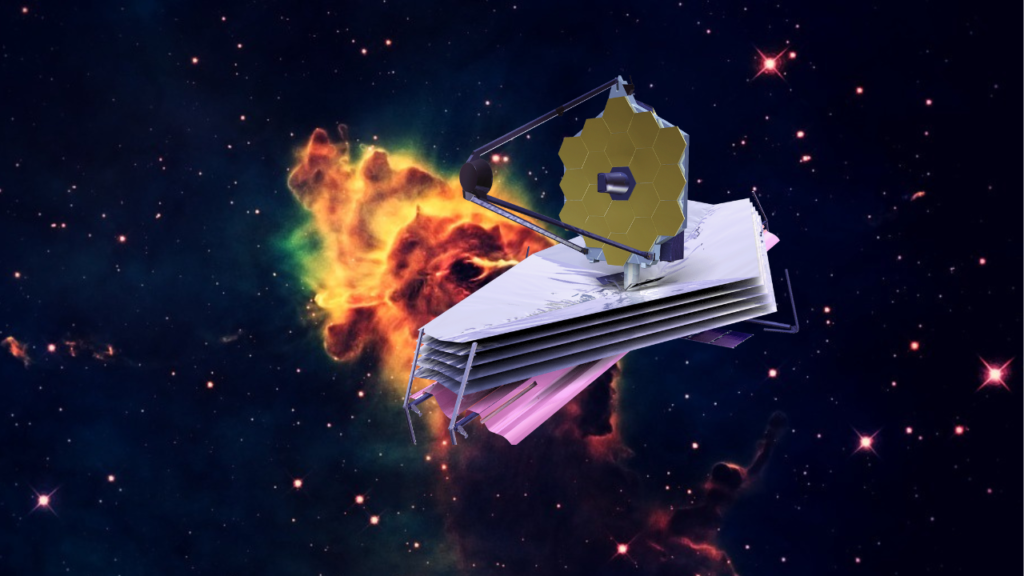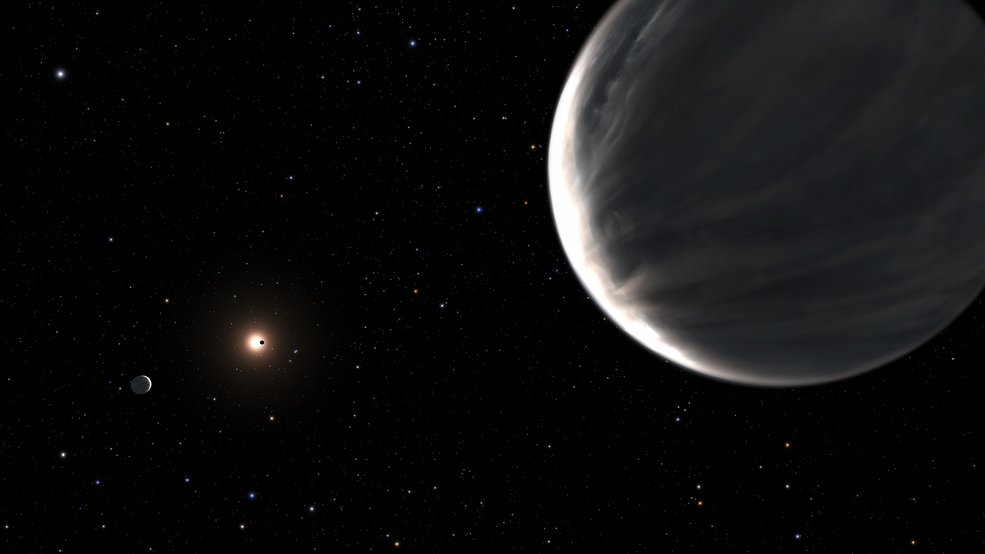SpaceX could give us a launch doubleheader on Wednesday night (Dec. 13).
The company aims to launch 23 more of its Starlink internet satellites from Florida’s Cape Canaveral Space Force Station on Wednesday atop a Falcon 9 rocket, during a nearly four-hour window that opens at 11:07 p.m. EST (0407 GMT on Dec. 14). You can watch it live via SpaceX’s account on X (formerly known as Twitter), beginning at about five minutes before the window open.
SpaceX could have another mission on its docket on Wednesday as well: A Falcon Heavy might launch the U.S. Space Force’s X-37B space plane from NASA’s Kennedy Space Center, which is next door to Cape Canaveral, that same night.
The X-37B launch and the Starlink liftoff were both originally scheduled for Monday night (Dec. 11), but SpaceX stood down from both of them. The company cited a ground issue for the Falcon Heavy scrub and high ground-level winds for the Starlink delay after trying to launch on Tuesday.
If all goes according to plan on Wednesday’s Starlink mission, the Falcon 9’s first stage will come back to Earth for a vertical landing about 8.5 minutes after launch. It will touch down on the droneship “A Shortfall of Gravitas,” which will be stationed in the Atlantic Ocean off the Florida coast.
It will be the third launch and landing for this particular booster, according to a SpaceX mission description. Its other two missions were Crew-7 and CRS-29, which sent astronauts and cargo, respectively, to the International Space Station for NASA.
The 23 Starlink satellites, meanwhile, are scheduled to deploy from the Falcon 9’s upper stage into low Earth orbit about 65.5 minutes after liftoff.
Starlink is SpaceX’s internet megaconstellation, which currently consists of more than 5,000 operational spacecraft.
The enormous network has grown a great deal over the past year. SpaceX has launched more than 90 orbital missions in 2023 so far, and most of them have been dedicated to building out the Starlink constellation.
Credit: Space.com



